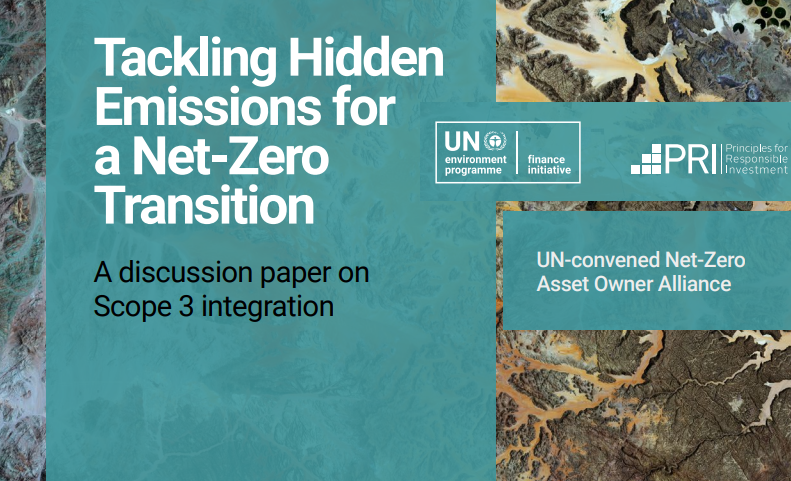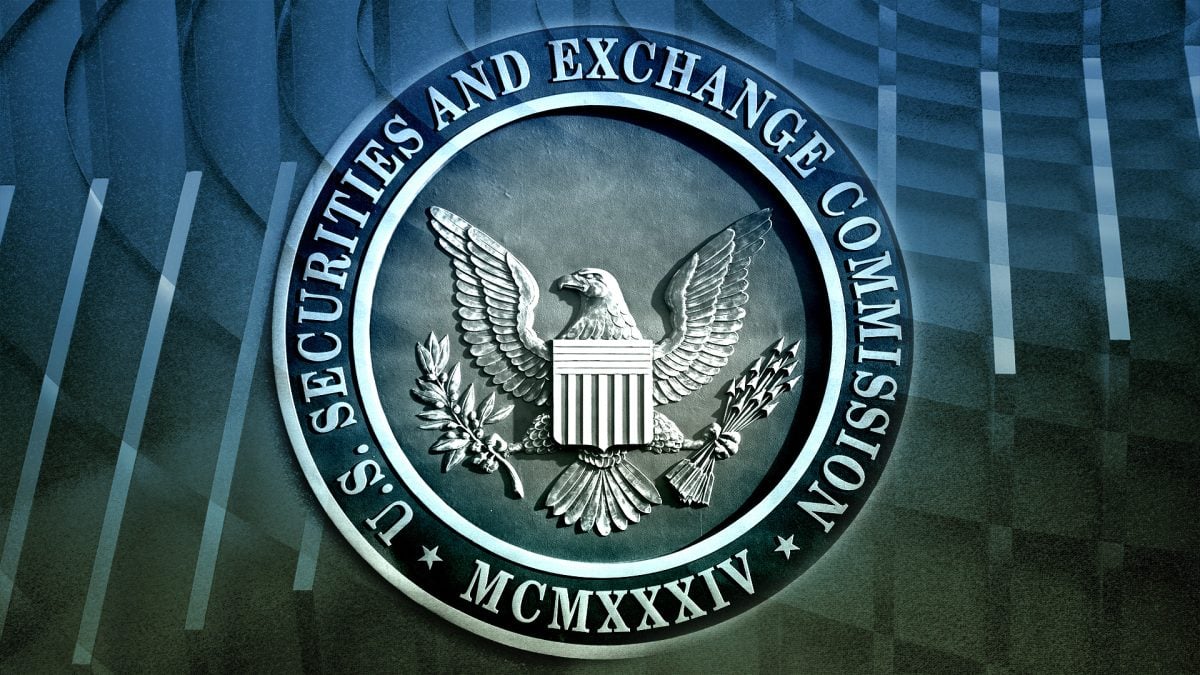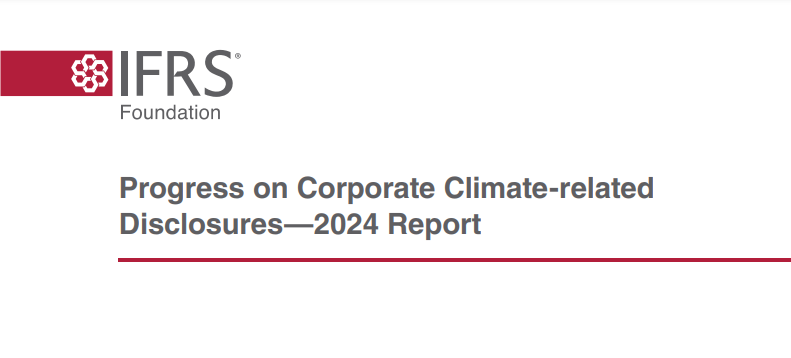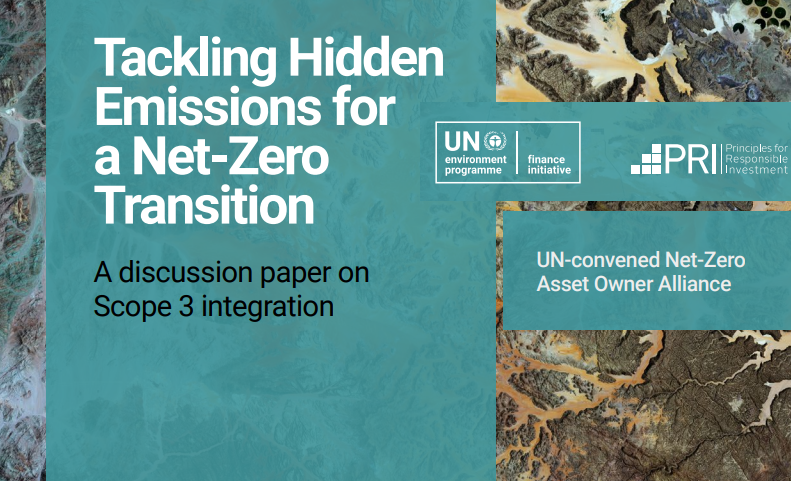Net-Zero Asset Owners Alliance: A New Perspective on Scope 3 Emissions
The UN-backed Net-Zero Asset Owners Alliance (NZAOA) has presented a document advocating for mandatory disclosure of Scope 3 emissions. In it, key steps are outlined for improving transparency in climate reporting, along with recommendations for companies on how to enhance data accuracy and support global decarbonisation efforts.

In December 2024, the United Nations-backed Net-Zero Asset Owners Alliance (NZAOA) presented a research paper calling for mandatory disclosure of Scope 3 emissions. The document provides recommendations for improving reporting practices to better assess climate risks and accelerate the decarbonisation of investment portfolios.
The document titled "Understanding Scope 3 Emissions Disclosure" provides a detailed analysis of the issues surrounding Scope 3 emissions and how reliable data can play a crucial role in supporting the transition to net-zero. It also emphasises the importance of consistent approaches to emissions reporting and includes a call for regulatory action to standardise these practices across different jurisdictions.
Key Findings from the Research Paper
The research paper highlights several critical measures to improve emissions accounting:
- Asset owners are encouraged to treat Scope 3 emissions separately from Scope 1 and Scope 2 emissions to avoid errors and increase calculation accuracy;
- Regulators are urged to develop universal disclosure standards, similar to those already implemented in California, the European Union, and Japan;
- Sector-specific Scope 3 targets are proposed, enabling companies to tailor climate strategies to their respective industries;
- It is recommended to collaborate with data providers to improve data quality and consistency, and disclose methodologies and limitations in calculations.
- Asset owners are encouraged to engage with issuers to promote voluntary disclosure and independent verification;
- A gradual shift towards investing in companies with clear climate goals is suggested as an effective decarbonisation strategy.
Additionally, the NZAOA's paper presents an in-depth overview of current practices and how these can be evolved to ensure accurate Scope 3 emissions reporting. In it, it is emphasised that although Scope 3 emissions data is often difficult to obtain, it is essential for achieving effective decarbonisation across various industries. The report also includes specific recommendations for asset owners on how to identify, assess, and report Scope 3 emissions more effectively.
What Does This Mean for Business?
Implementing the recommendations from the research enables companies to reduce climate risks through accurate data and effective carbon footprint management. Transparent reporting enhances investor trust, making businesses more attractive to sustainable investments. Additionally, standardised data helps avoid regulatory issues and ensures compliance with current legal requirements.
Conclusion
The NZAOA’s document highlights the importance of mandatory Scope 3 disclosures as a vital step toward achieving climate goals. Despite the challenges, companies can already improve their reporting processes, demonstrate leadership in sustainability, and lay the foundation for long-term success in a global decarbonisation landscape. By leveraging existing data and implementing the recommendations in the research paper, businesses can enhance their climate strategies and align more closely with global sustainability objectives.



